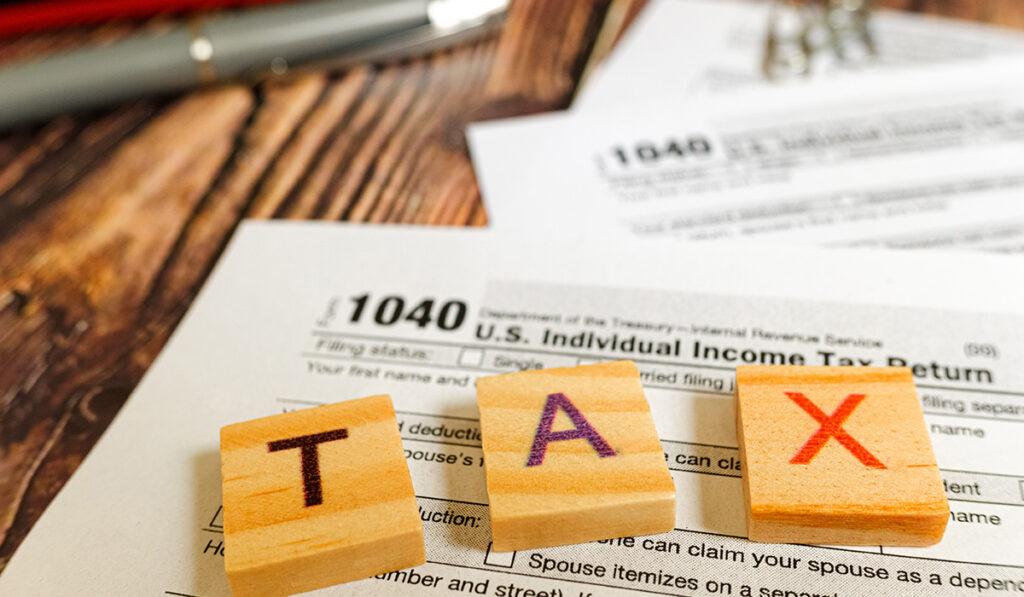

The rapidly expanding e-commerce market in Malaysia has prompted the government to implement new tax regulations, including a sales tax on imported low-value goods (LVG). This move is designed to level the playing field for local businesses, protect domestic industries, and increase government revenue from online sales. Understanding how these new regulations impact on your business is crucial, especially for sellers involved in cross-border e-commerce transactions. This article will explore key topics such as import tax and duties, the rationale behind the LVG tax, its effects on sales processes, and the penalties for non-compliance.
Understanding Malaysia’s Import Tax and Duties
Businesses and individuals engaged in international trade must navigate Malaysia’s complex import tax and duty framework. Malaysia imposes customs tariffs primarily on a value-added basis, with an average surcharge of 6.1% on industrial goods. These rates, however, can vary depending on the origin of goods due to Malaysia’s extensive Free Trade Agreements (FTAs). These agreements, both bilateral and regional, allow businesses to benefit from reduced or zero customs taxes on certain goods, providing significant savings in international trade.
Sales and Service Tax on Imported Goods
In addition to customs duties, imported goods in Malaysia are subject to the Sales and Service Tax (SST), set at a standard rate of 10%. However, certain goods are taxed at a reduced rate of 5%, and some, like specific food items, electronics, and personal hygiene products, are exempt from sales tax. Understanding these variations is crucial for businesses looking to accurately estimate costs and avoid unexpected tax liabilities.
Awareness of Prohibited Imports
Importing prohibited items into Malaysia can lead to costly legal and financial consequences. Businesses must be mindful of restricted items such as counterfeit money, hazardous chemicals, or goods deemed harmful to public order or national security. A clear understanding of prohibited goods is vital to ensure compliance with Malaysian import regulations and avoid severe penalties.
Impact of the New Low-Value Goods (LVG) Sales Tax
The introduction of a 10% Low-Value Goods (LVG) sales tax represents a significant shift for e-commerce. This new tax, aimed at low-value online purchases, builds on Malaysia’s existing import tax framework and is set to impact both consumers and sellers engaged in cross-border e-commerce. As these policies evolve, businesses must stay informed about the implications of the LVG sales tax to adjust their strategies and remain compliant.
The Malaysian Government’s Imposition of Sales Tax on Imported Low-Value Goods (LVG)
Starting 1 January 2024, Malaysia will implement a 10% sales tax on imported low-value goods (LVG) valued at RM500 or less. The move, part of a global trend to address disparities in tax treatment, is designed to level the playing field between online sellers and local businesses. Currently, foreign online retailers selling directly to Malaysian consumers benefit from a tax exemption on LVG under the De Minimis rule, which was originally set to facilitate smoother customs clearance. However, this has led to an unfair advantage over local retailers, who are required to pay taxes on goods sold domestically.
The sales tax on LVG was first announced in Malaysia’s Budget 2022 and approved by Parliament on 4 August 2022. Although enforcement was scheduled for 1 April 2023, it was postponed allowing further consultations with industry stakeholders. This delay ensured that implementation aligned with its primary goal of addressing the tax disparity between retail businesses and online platforms, thereby fostering fair competition primary for Malaysian MSMEs.
The tax will apply to goods imported by land, sea, or air but excludes items such as cigarettes, tobacco products, and alcoholic beverages that are already subject to other forms of taxation. Online sellers, both local and foreign, with a total sales value of LVG exceeding RM500,000 within 12 months will be required to register under the Sales Tax Act (Amendments) 2022 and collect the sales tax at the point of sale. Registration is available through the Royal Malaysian Customs Department (RMCD).
The implementation mirrors actions taken by neighboring countries such as Singapore and Indonesia, which introduced similar taxes on LVG in 2023. The objective is to create an equitable business environment in Malaysia and ensure that all sellers, regardless of location, contribute fairly to the country’s tax system.
Parties Affected by the Implementation
Merchants selling low-value goods (LVG) imported into Malaysia will be directly impacted by the new tax regulations introduced on January 1, 2023. To comply, both local and foreign sellers must register with the Royal Malaysian Customs Department (RMCD) if they meet certain criteria: selling LVG imported via land, sea, or air and having an annual LVG sales value exceeding RM500,000 in Malaysia. Registered sellers will need to adhere to the tax requirements outlined under this new legislation.
Impact on Sales Process
As a registered seller of Low-Value Goods (LVG) in Malaysia, you are required to register for a Tax ID with the Malaysian Customs Department and collect a 10% GST on LVG. You must file a sales tax return in MYR every three months and maintain records for seven years. Upon import, the LVG registration number must be included in the customs declaration (e.g., Customs Form No.1, e-PAM, or CN22/CN23); failure to provide this information will result in sales tax being charged on the import. For commercial clearances, the LVG number must be logged in the SST/LVG field, and for postal clearances, it should be in the Consignor column.
Consequences of Non-Compliance
Failure to comply with Malaysia’s sales tax requirements for overseas retailers selling low-value goods (LVG) may result in enforcement actions by the Royal Malaysian Customs Department (RMCD). The RMCD will monitor online marketplaces to identify non-compliant retailers and issue notices reminding them of their obligations to register and collect sales tax. Continued non-compliance may lead to fines or penalties. The Malaysian government is committed to a smooth and fair implementation of the sales tax and will provide support to assist overseas retailers in meeting the new requirements.
Premia TNC’s Industry-Leading Taxation Services
At Premia TNC, we assist businesses in Malaysia with comprehensive taxation services tailored to meet your needs. From SST registration and deregistration to the preparation of SST reports and submission of returns twice a month, our expert team ensures seamless compliance with local tax regulations.
We focus on simplifying the process, allowing you to stay updated and compliant with Malaysia’s taxation requirements, giving you more time to focus on growing your business.
























